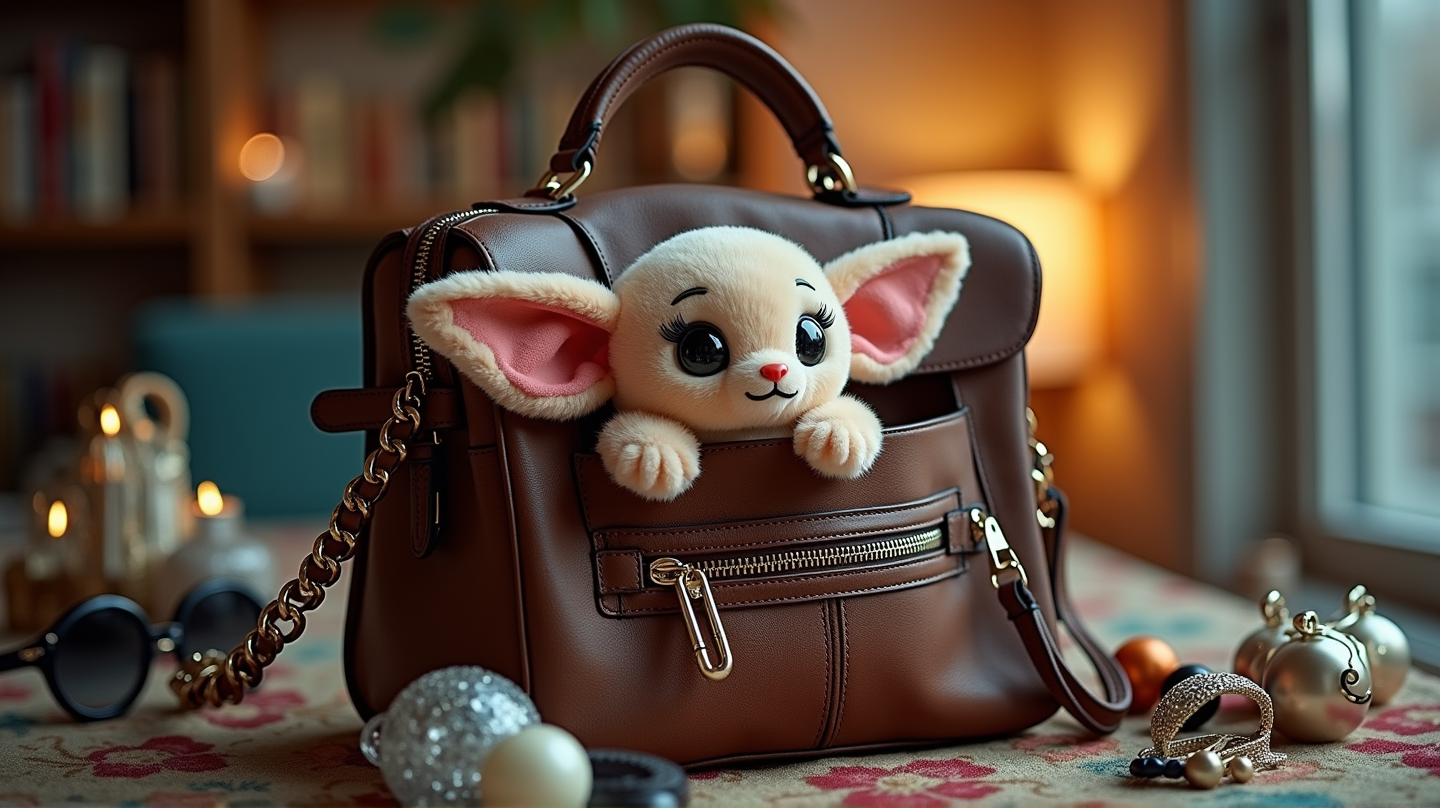From Fantasy to Finance: How Labubu Redefines Luxury in Economic Downturns
Explore how Labubu toys soar as a pandemic-era indulgence, fueling Pop Mart's stock surge and symbolizing economic escapism in the plush economy.

Imagine a world where luxury isn’t defined by silk scarves or designer bags alone, but by a mischievous elf-like plush toy named Labubu. Sporting pastel fur, rabbit ears, and a whimsical grin, Labubu captures the essence of ‘recession-core couture.’
The Lipstick Effect: Small Indulgences in High Inflation
Economists have long discussed the ‘lipstick effect,’ where during economic hardships, small, affordable luxuries bring comfort. Back in 2001, Estée Lauder’s lipstick sales climbed. Now, it’s the era of Labubu – a plush toy turned status symbol, retailing from \(10 to \)950. According to NDTV Profit, its celebrity endorsements by figures like BLACKPINK’s Lisa and Dua Lipa fuel its allure.
Nostalgia Meets Modern Collectibles
Much like the Pokémon cards craze, Labubu offers a sense of surprise and status through blind box sales – you don’t know which toy you’re buying until the box is opened. It’s a high-stakes collector’s game, with some versions reselling for over $500. This phenomenon harks back to Pokémon and beyond, where scarcity and emotional connection drive prices sky-high.
A Cute Commodity in Pop Mart’s Profit Surge
Pop Mart, the Chinese toymaker behind Labubu, saw a 200% share surge in 2025, backed by booming demand and strategic scarcity. With life-sized Labubus fetching over $150,000, it’s clear Labubu represents more than a plush toy – it’s become a marker of micro-luxury and modern-day escapism.
The Broader Pattern: Adapting to Scarcity
Labubu fits into a larger cultural adaptation to scarcity. From rugged jackets to multi-purpose clothing, lifestyle choices today reflect a blend of style, practicality, and scarcity’s aesthetic. People are turning essentials into statements, and Labubu meets the zeitgeist.
Labubu: More Than a Toy, a Talisman
Today’s generation finds in Labubu not just a toy but a talisman of taste and individuality. It appeals to those priced out of traditional luxury yet craving a sense of belonging. Pop Mart sells more than toys; it markets feelings of surprise, comfort, and control.
Conclusion: Labubu, The New Lipstick
Labubu stands as a plush emblem of economic escapism, echoing the ‘small thing, big price tag’ trends throughout history. While it mirrors past frenzies, it thrives because of the current economic climate. As a luxury micro-object for an era marked by limitations, it offers a serotonin-fueled sense of belonging.
As we untangle Labubu’s impact, let’s ponder: does it alleviate economic caution or merely disguise consumption as coping? One thing’s for sure, Labubu didn’t create this cycle, but it captures it, making it a recession-core icon in figurine form.





